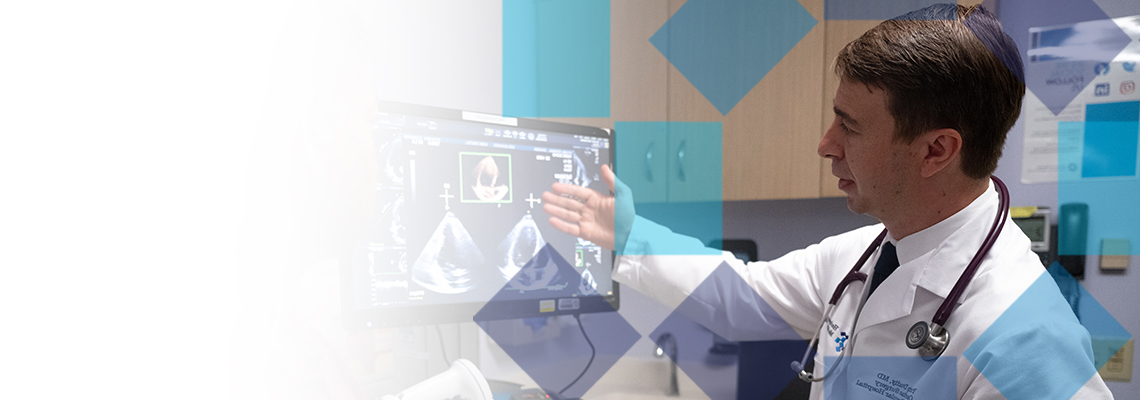Coronary Artery Bypass Graft Surgery in New Jersey
What is Coronary Artery Bypass Graft Surgery?
In coronary artery bypass graft surgery (CABG), the surgeon uses veins and arteries from other parts of the body to create a detour or bypass around the blocked part of a coronary artery to restore the blood supply to the heart.
Who Is a Candidate for CABG?
Patients who need CABG surgery suffer from coronary artery disease (CAD), a condition where the coronary arteries that supply blood to the heart muscle become hardened and or narrowed causing a buildup of plaque on the walls of the arteries, limiting the oxygen delivered to your heart muscle. When nonsurgical and interventional cardiology treatments, such as medicines or angioplasty fail to improve severe CAD, or patients have a blockage that cannot be treated with these approaches, CABG surgery may be an option.
What to Expect
Using a variety of non-invasive cardiac tests and diagnostic cardiac catheterization procedures, our team evaluates every patient’s condition, risks and quality of life to determine the best type of CABG surgery. Each type of CABG surgery is performed under general anesthesia.
An off-pump coronary artery bypass graft is similar to the traditional approach, but instead of a heart-lung bypass machine, the cardiovascular surgeon works on the heart while it is beating. This is often called a “beating heart bypass surgery.”
Depending on the patient’s condition, the surgery can take three to six hours, but require less time in the hospital and in recovery than traditional bypass.
With a traditional CABG surgery, the cardiovascular surgeon opens the chest bone, stops the heart with medicines and uses a heart-lung bypass machine to keep blood circulating throughout the body during the procedure.
Depending on the number of bypasses, the surgery can take three to six hours and require a day or two in intensive care and up to five days of regular hospital care. Full recovery can take six to up to 12 weeks.
Robotic-assisted CABG surgery is a minimally invasive technique also performed without a heart-lung bypass machine. Minimally invasive approaches use small incisions that do not require opening the chest bone, which often means shorter recovery time and less risk for infection.
The surgeon makes three small incisions in the chest and uses tiny, specialized instruments and 3-D imaging to perform the bypass surgery. Smaller incisions mean less trauma, allowing patients to return to regular activities within one or two weeks.








